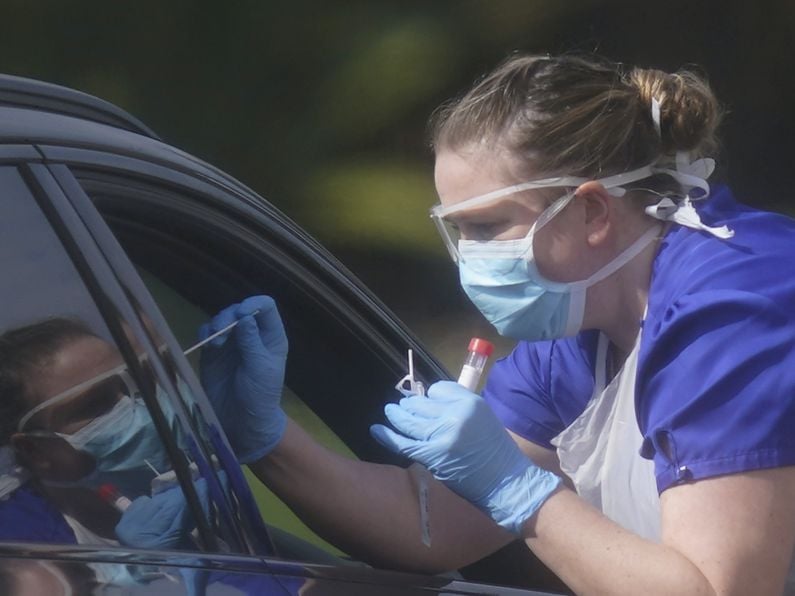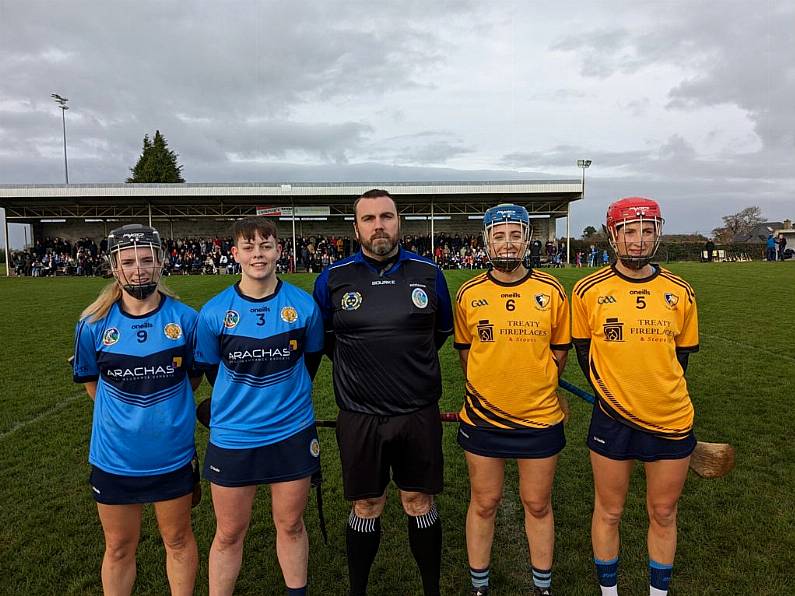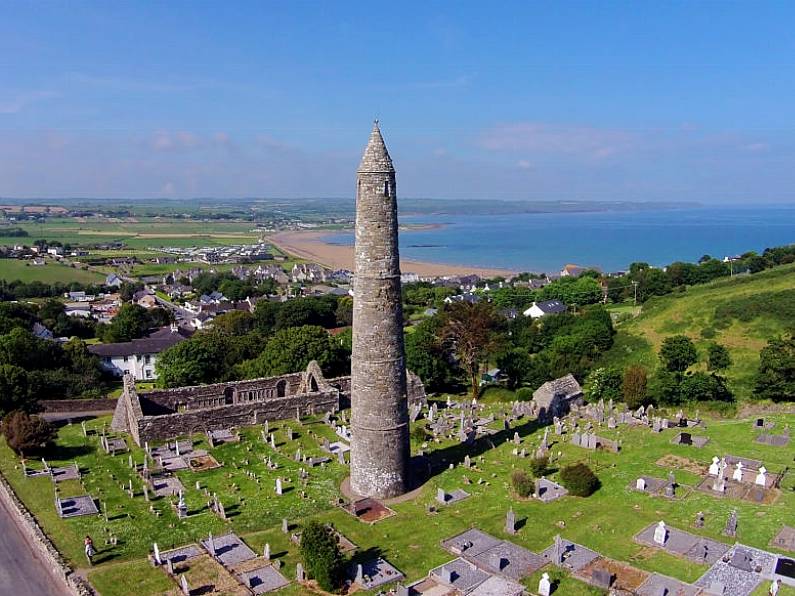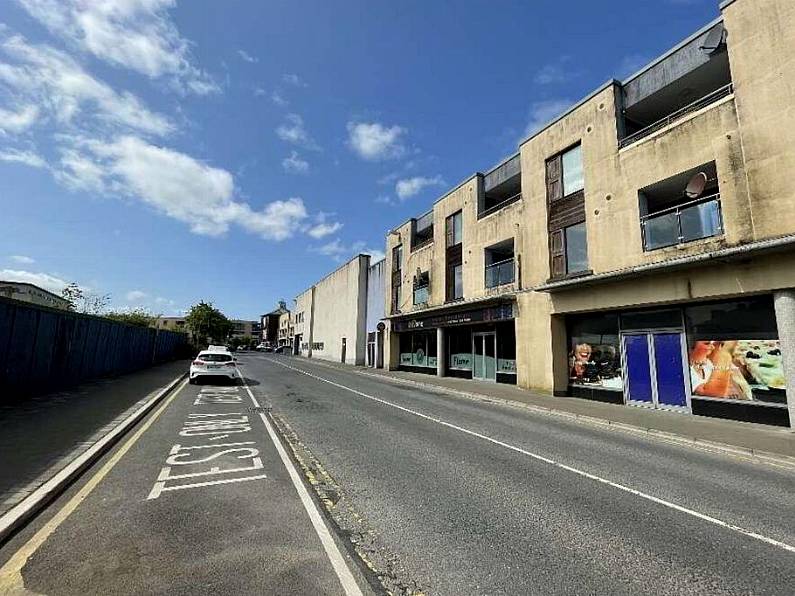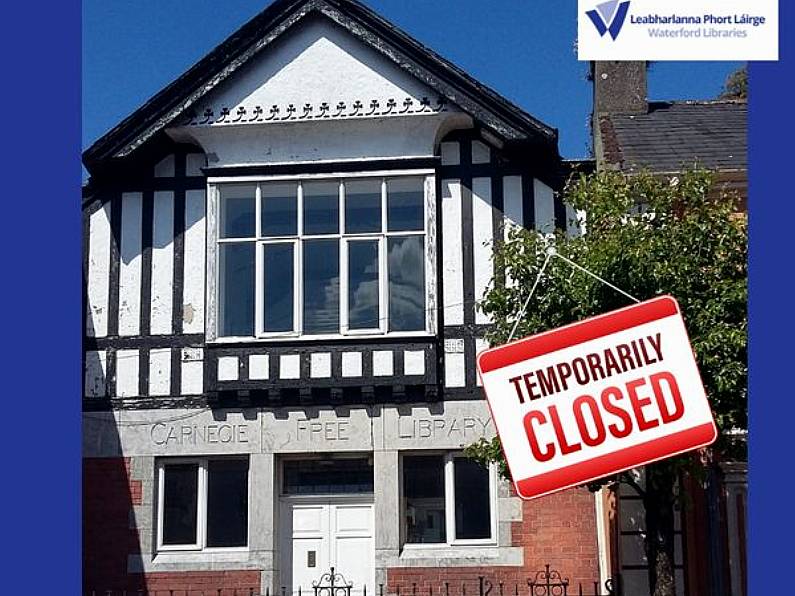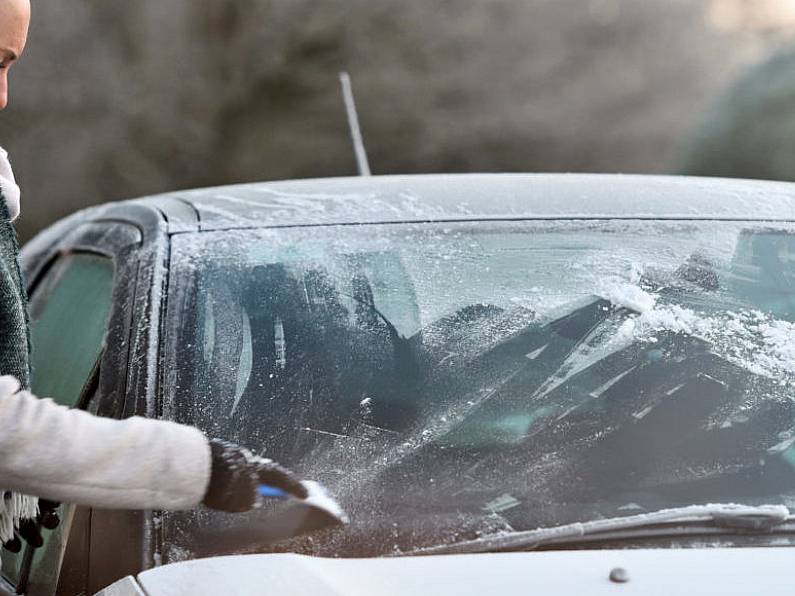Waterford has had the largest percentage increase in the 14 day incidence rate of Covid-19 since Level 5 restrictions were introduced.
The latest data from the HPSC shows the rate has fallen in 23 out of 26 counties nationally, however, it rose in Waterford (up 13.5%), Tipperary (up 9%), and Carlow (up 4.3%).
The incidence rate for the county was 82.6 on Oct 14th, a week later on the eve of Level 5 it had risen to 160.1, and rose further a week later on Oct 28th to 228.1.
It has since fallen to 196.3.
Chief Medical Officer Dr Tony Holohan has said we are seeing improvements with Covid-19 due to the efforts of people across Ireland.
Yesterday's daily total of 322 confirmed cases was the lowest for 38 days.
The national 14-day incidence rate has also continued to decrease - there has been a fall of 25% since its peak on October 25st
Close contacts
The Health Information and Quality Authority (HIQA) has today published advice that any change to the 14-day period of restricted movements for close contacts should remain in place.
The National Public Health Emergency team (Nphet) asked HIQA to undertake an examination to identify if the current period of 14 days should remain.
HIQA said it examined the available evidence on the incubation period (the time from exposure to symptom onset) of Covid-19.
Their review concluded that in the absence of testing, a 14-day period of restriction of movements is likely to capture 95 per cent of individuals who will become symptomatic.
Dr Máirín Ryan, HIQA’s director of Health Technology Assessment and deputy chief executive, said: “Without changes to the current testing strategy, we advised NPHET that the 14-day period of restriction of movements should remain.
Community transmission
"It is essential that people who are exposed or potentially exposed to Covid-19 restrict their movements to minimise community transmission as it has been shown that people with no symptoms can spread the infection.”
Nphet also asked HIQA to explore the potential impact of testing to reduce the period of restricted movements for close contacts of a Covid-19 case from 14 days.
They said that based on a modelling exercise, they concluded that any testing strategy to reduce the period of restricted movements from 14 days presents an increased risk of transmission.
HIQA said that an increased risk in transmission may not be acceptable when considering current levels of community transmission in Ireland.
Dr Ryan added “If, at a later stage in the response, changes are made to the current testing strategy for those restricting movements, these changes need to come with a clear communication strategy.
"It is important that people understand the reasons for the two tests and the implications of receiving a ‘not detected’ first test result, as many people at this early stage may still be in the incubation phase of the disease. Irrespective of any changes, it is vital that people continue to adhere to all COVID-19 public health guidance.”
additional reporting by Kenneth Fox



